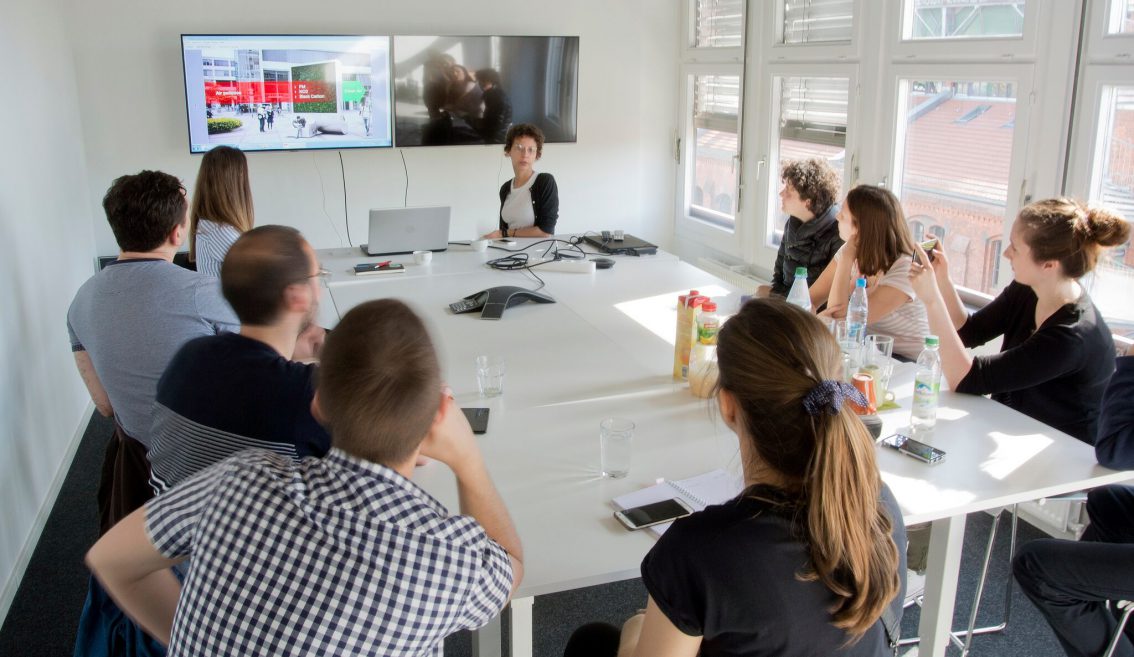The second learning activity in Hi4CSR took place in Berlin, Germany !
Second Hi4CSR learning activity took place in Berlin from 15th to 19th of May 2017 at the Steinbeis University Berlin.

Second Hi4CSR learning activity took place in Berlin from 15th to 19th of May 2017 at the Steinbeis University Berlin and its participants were members of eight renowed European organizations in the field of CSR: RRiF-plus d.o.o. (coordinator, Croatia), The Croatian Institute for CSR (Croatia), Abis – The Academy of Business in Society (Belgium), Ekvilib Institute (Slovenia), Global Impact Grid (Germany), LUM University (Italy), Pontis Foundation (Slovakia) and Bridging to the Future(United Kingdom).Five-day learning activity was organized in a way that each day had its own topic regarding the harmonization and implementation of EU CSR directives into national legal frameworks, with a special emphasis on innovation and innovative practices in every field.
PROJECT TOPICS
The topic for the first day were ecolabels in partner countries, while the topic for second day was non-financial reporting and the implementation of the Directive EU2014/95 into national legislations. Third day was dedicated to innovation in the processing of used materials and new ways of waste management, which included the visit to the EUREF-Campus, a home base for companies, start-ups and initiatives working in the fields of energy, sustainability and networked mobility. Malgorzata Olesiewicz from Green City Solutions presented the City Tree, an innovative product which combines the IoT technology with biological properties of certain moss cultures into an intelligent and natural air filter for cities. Julia Marczi from InfraLab Berlin presented the long-term project in which six major infrastructure companies are working together in order to contribute to urban development and implement smart city projects. Simone Kellerhoff from Material Mafia, small initiative based in the district of Berlin-Kreuzberg, showed new innovative and creative ways of upcycling and reuse of used materials and the importance of waste reduction through redistribution and education.
The topic of the fourth day was legislative framework related to the food donation systems in partner countries, where Dario Adamic presented a successful project Homeless Veggie Dinner which combines volunteering and social integration of marginalized groups with food donation and food waste reduction. On the same day, dr. Robert Gerlach from mm1 talked about sustainable product- and business model innovation as an integral part of a modern sustainable organisation, with a special focus on tailored product development, management and decision-making tools for sustainable innovation. The topic of the last day was employment of persons with disabilities, where project partners shared latest innovation in the field and best practice from their countries.
FUTURE ACTIVITIES
The next TPM meeting will take place London in July, followed by learning activities in Brussels in September and Bratislava in November.
You can find additional information about the project on the website www.hi4csr.com, write to the consortium at info@hi4csr.com, or connect through social media pages: Facebook, Twitter and LinkedIn.






